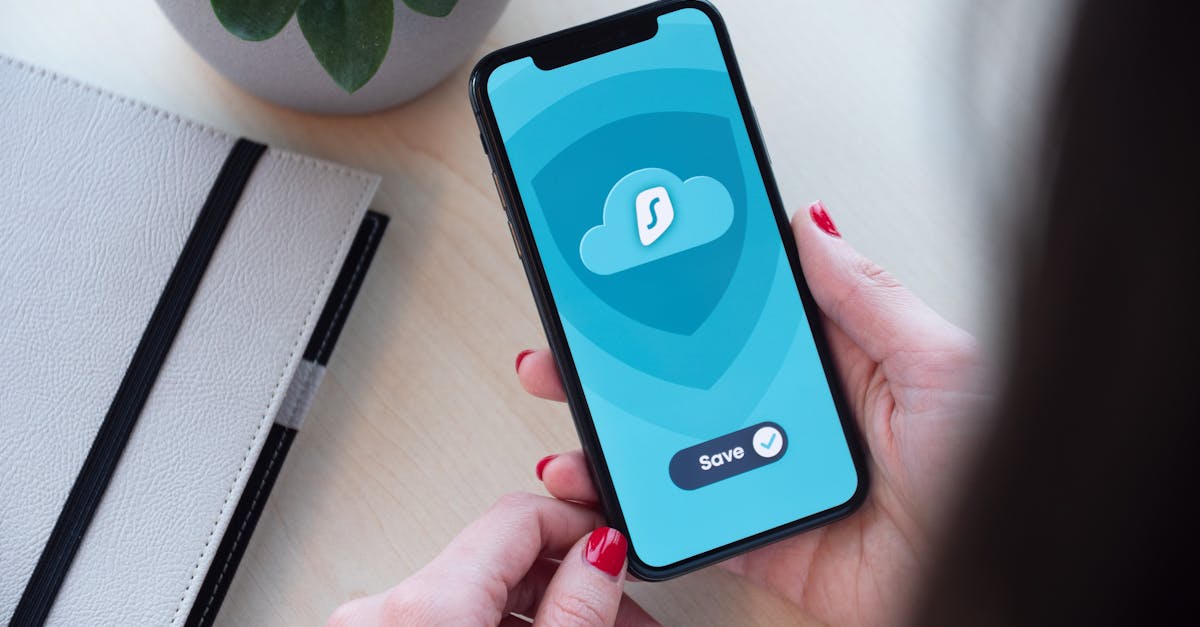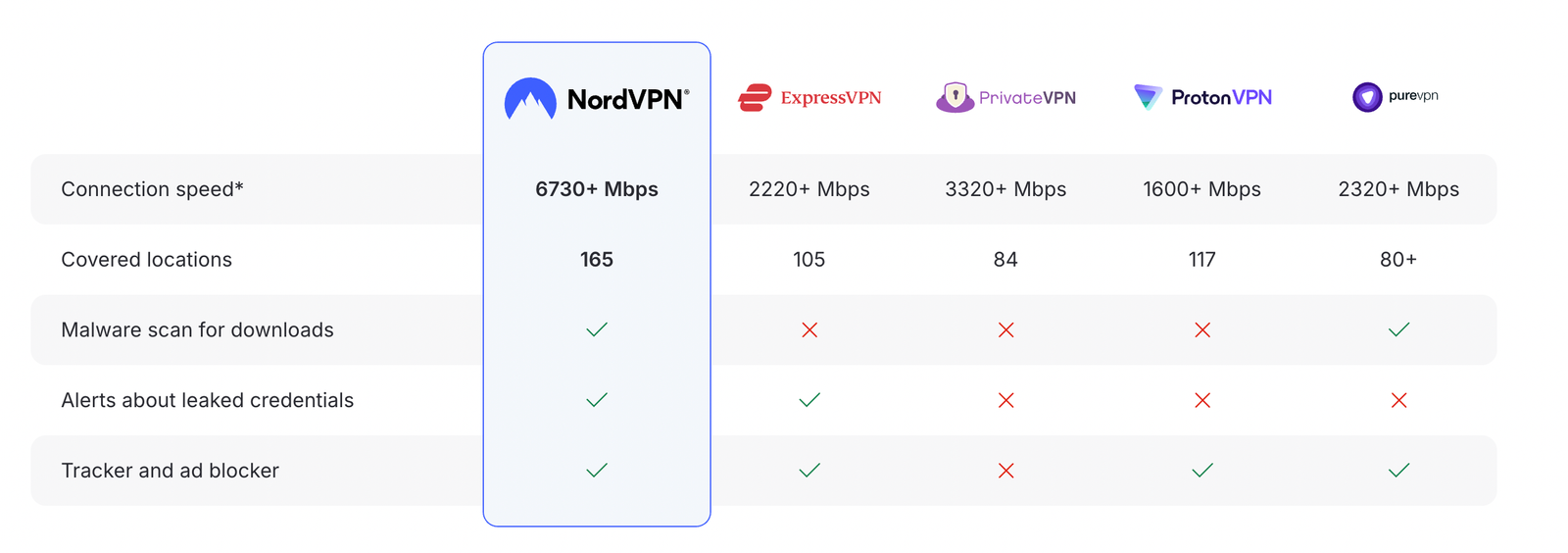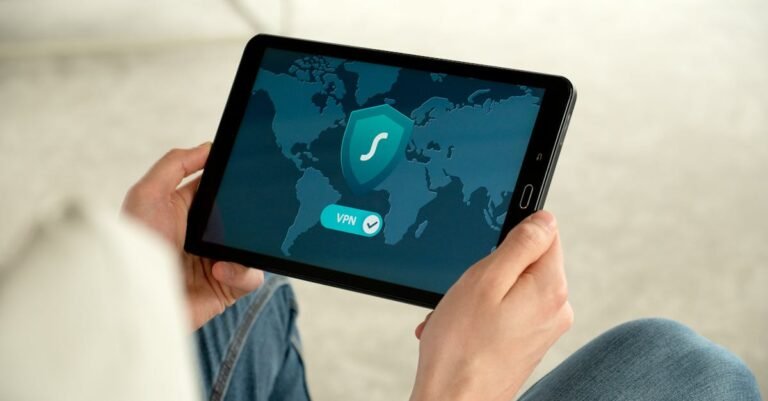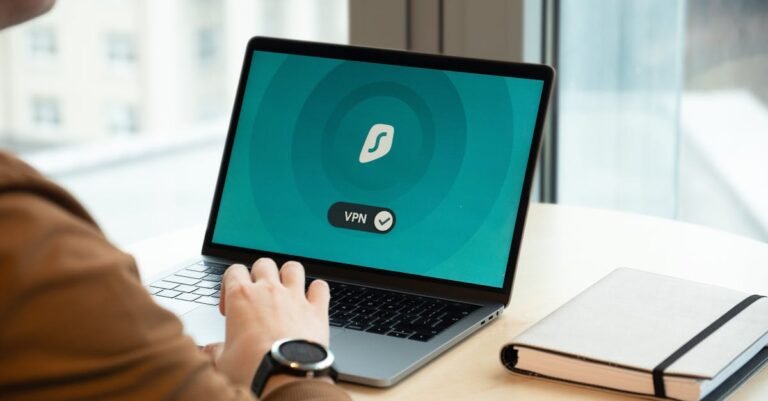Virtual Private Networks (VPNs) play a crucial role in safeguarding online activities from prying eyes. In an era of rising cyber threats, VPNs encrypt data and hide IP addresses, preventing unauthorized monitoring by hackers or ISPs. This technology ensures privacy and security for everyday users, from remote workers to casual browsers. Understanding how VPNs work can empower individuals to protect their information effectively. With features like secure tunneling, VPNs make online experiences safer and more private.
How VPNs Create Secure Connections

VPNs establish encrypted tunnels between devices and the internet, shielding data from interception. For instance, when you connect to a VPN server, your traffic becomes invisible to outsiders. Moreover, this encryption prevents ISPs from tracking browsing habits, enhancing overall privacy. Users benefit from reduced risks of data breaches in public Wi-Fi spots. Additionally, VPNs reroute traffic through different servers, making it harder for cybercriminals to monitor activities. In this way, VPNs act as a vital barrier against unauthorized surveillance. Furthermore, they maintain the integrity of sensitive information during transmission.
The Benefits of Using VPNs for Privacy

VPNs offer multiple advantages, including protection against data theft and geo-restricted content access. They mask your real location, allowing secure browsing from anywhere in the world. However, beyond basic privacy, VPNs help avoid targeted ads based on online behavior. This feature is especially useful for travelers or businesses handling confidential data. Additionally, VPNs reduce the chances of identity theft by encrypting personal details. In everyday scenarios, such as online shopping, they ensure transactions remain private. Therefore, incorporating a VPN into your routine bolsters digital security effectively.
Advanced Features That Enhance Data Protection

Modern VPNs include features like kill switches and double encryption for superior protection. A kill switch automatically cuts internet access if the VPN connection drops, preventing exposure. Moreover, protocols such as OpenVPN provide robust security against monitoring attempts. Users can select servers in various countries to evade censorship and surveillance. This flexibility makes VPNs ideal for journalists or activists. Additionally, regular updates ensure defenses against emerging threats. In summary, these advanced tools make VPNs indispensable for comprehensive data safeguarding.
Why NordVPN Stands Out as a Top Option
NordVPN excels in preventing unauthorized data monitoring with its strong encryption and vast server network. It offers a user-friendly interface, making it accessible for beginners and experts alike. Moreover, NordVPN’s no-logs policy ensures your activities remain private. Choose NordVPN for reliable protection against cyber threats. Sign up today and secure your online world effortlessly, starting your safe browsing journey now. This service is a smart investment for anyone seeking enhanced privacy and peace of mind.
How NordVPN compares to other top VPNs


Disclosure: We earn a commission at no extra cost to you if you make a purchase through links here. This helps support us in creating more content for you. Thank you for your support!







